My favorite book list of the year is The Women’s Prize longlist, which will be announced March 3. These are sixteen novels that are in the running to win the Prize, and I get a lot of great reads from this list (though I’m often disappointed by the shortlist). Last year’s longlist included Ghost Wall, Normal People, My Sister the Serial Killer, Freshwater, and Circe. Previous winners of the Prize have included the fantastic Home Fires, The Power, The Glorious Heresies, and An American Marriage.
Eligible books are full-length novels written by a woman in English – whatever her nationality, country of residence, age or subject matter. Novels must be published in the United Kingdom between April 2019 and March 2020.
In advance of the longlist announcement on Tuesday, I took a look at the books I hope will be on the list. I’m looking at U.S. publication dates, so it’s entirely possible some of these won’t be eligible. But here are some picks I think are likely to be on the list.
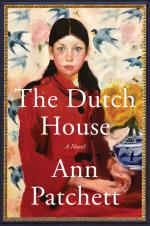
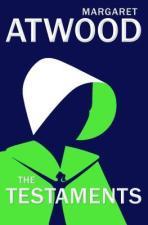
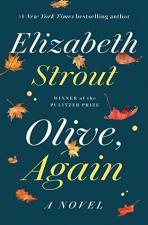
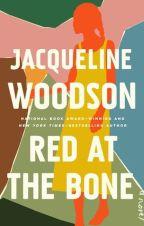
The first group are by authors who have already won numerous awards.
- Olive, Again by Elizabeth Strout. I loved this sequel to Olive Kitteridge, and I especially liked how it gave you the perspective of an elderly woman, which very few novels do. This is probably an easy pick for the longlist.
- The Dutch House by Ann Patchett. I haven’t read a lot by Ann Patchett (yet) but loved this book about a boy and his sister. The audiobook reading by Tom Hanks was absolutely fantastic. Another easy pick for the longlist.
- Red at the Bone by Jacqueline Woodson. This is a beautiful story of a sixteen year old girl at a coming-of-age ceremony, her parents, and her grandparents. I especially appreciate stories where mothers are portrayed as conflicted about having children. I think this one will definitely be on the list.
- The Testaments by Margaret Atwood. I didn’t find this as moving as The Handmaid’s Tale, but still a great sequel to a powerful book, especially in a time where it feels like our democracy isn’t a given.
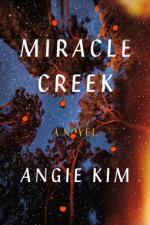
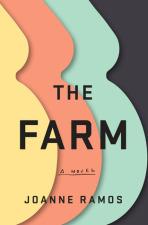
I also wanted to include some picks that are more under the radar.
- Miracle Creek by Angie Kim. In this novel, an explosion kills an autistic child and a parent, and a Korean-American family is under suspicion. Kim explores issues related to immigration, special education, and the pressures of parenting. I loved it.
- The Farm by Joanne Ramos. This novel was marketed as dystopian science fiction in the vein of Handmaid’s Tale, but really it’s about young women being paid to bear children for the wealthy, with just a little more technology. It’s a complex story that explores race, class differences, and the difficult decisions women have to make.
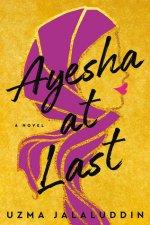
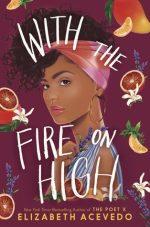
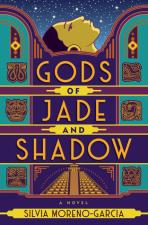
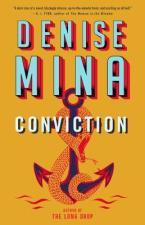
This last group are books that probably won’t make the longlist, because they are on the “lighter” side, but I think they are definitely worth a read:
- With the Fire on High by Elizabeth Acevedo: a story about a teenage parent who has a passion for cooking.
- Atlas Alone by Emma Newman: a chilling science fiction read about artificial intelligence and a dark future that doesn’t sound all that unlikely (part of the Planetfall series).
- Ayesha at Last by Uzma Jalaluddin: a modern take on Pride and Prejudice from a Muslim perspective.
- Gods of Jade and Shadow by Silvia Moreno-Garcia: a fun retelling of Mayan mythology.
- Conviction by Denise Mina: an inventive, thoughtful thriller set in Scotland.
There are two books I struggled with that will probably be on the list, Inland and Trust Exercises. I can’t recommend them, but critics absolutely loved them.
And of course there are plenty of great books I haven’t read yet, like Girl, Woman, Other and Disappearing Earth.
Worth noting, the Women’s Prize is doing a Reading Women challenge, where readers read previous Prize winners. Right now they are reading Helen Dunmore’s A Spell of Winter. I haven’t read that one, but I’d like to! Previous winners of the Prize have included the fantastic Home Fires, The Power, The Glorious Heresies, and An American Marriage.
I’m looking forward (sort of) to having a lot more books to add to my TBR after tomorrow! If you follow the Women’s Prize, what are your thoughts about which books should be on the longlist?

